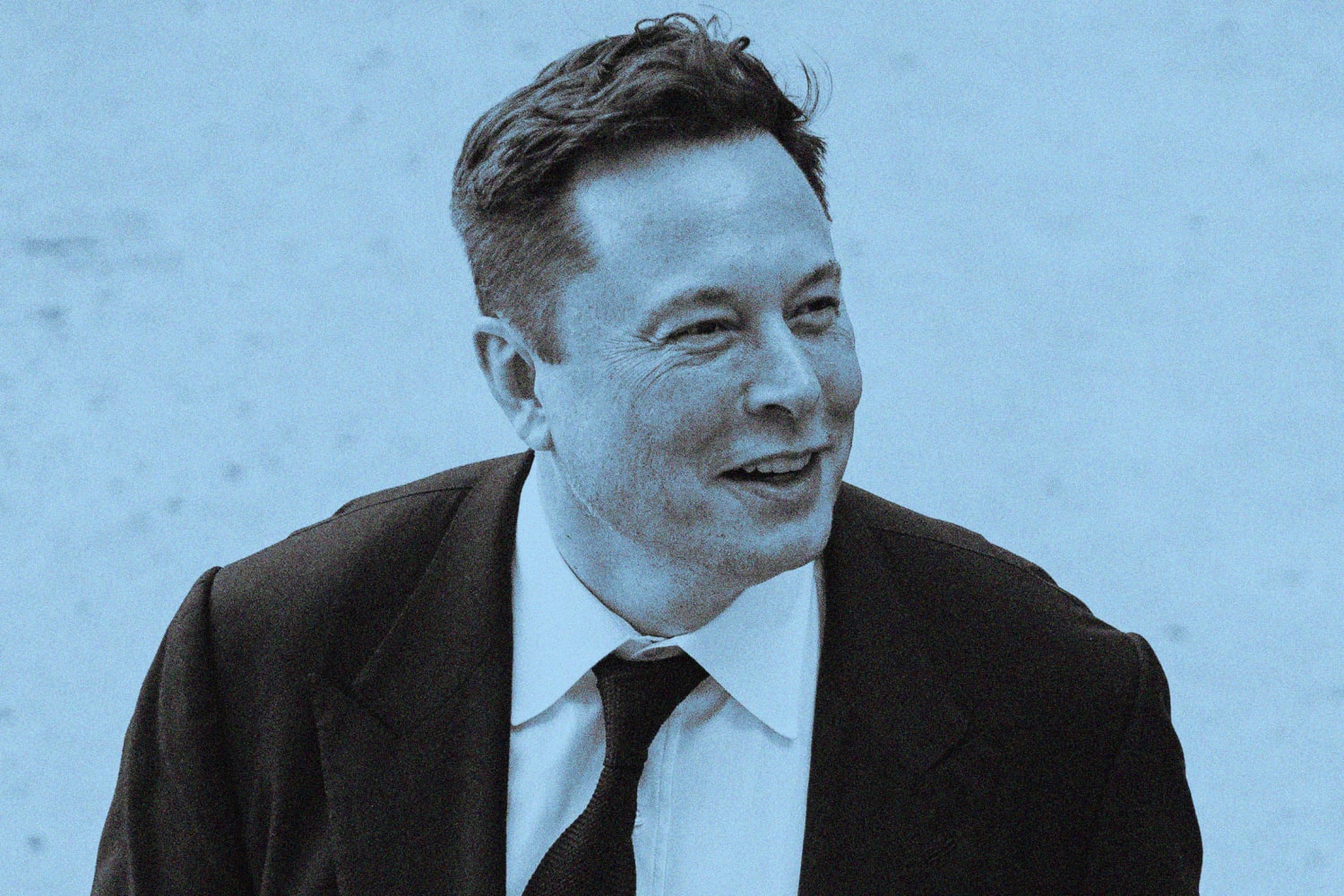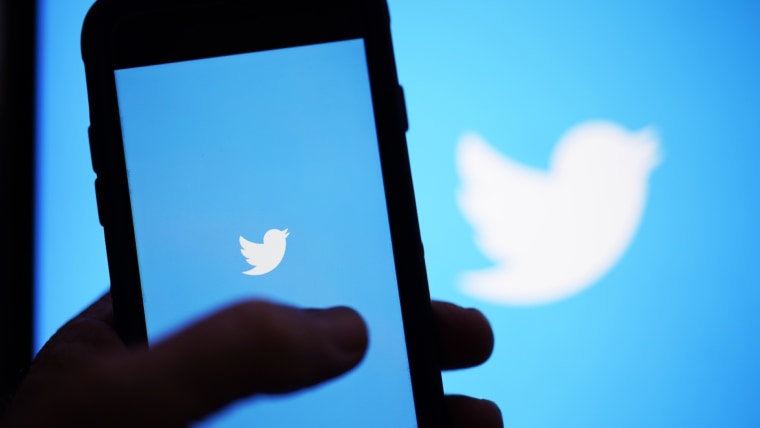Last week, Elon Musk launched — then promptly suspended — Twitter Blue, a service that allowed people to pay $7.99 a month for a coveted blue check mark indicating that their account had been verified. The only problem was the company wasn’t accurately verifying the people behind the accounts or ensuring that verified accounts hadn’t changed their names. It led to a wave of accounts pretending to be everyone from Musk to LeBron James to major corporations.
Many people appeared to be creating obviously fake accounts to make fun of Musk and make a point about why Twitter Blue’s new system wouldn’t work. But the schadenfreude over Musk’s mismanagement must not ignore how impersonations inevitably spiral out of control and become dangerous.
The schadenfreude over Musk’s mismanagement must not ignore how impersonations inevitably spiral out of control and become dangerous.
With Musk at the helm of the social media platform, it’s certainly possible for the subscription-based Twitter Blue to come back just as flawed. After all, before this disaster, he rolled out a gray “official” verification check mark intended to make well-known accounts easier to identify in the sea of blue checks, then “killed it“ hours later only to reinstate it for some accounts.
Given Musk’s flip-flopping nature so far, it’s safe to assume that the dangers that can come from verified spoof accounts on Twitter are still present. This is particularly pressing when we consider that people around the world impersonate ordinary Americans to try to influence our politics. For example, during the 2017 Women’s March in Washington against Donald Trump, Russian trolls created fake accounts pretending to be American women to suggest that there was a lot of discord among feminists, to weaken the movement.
Misinformation is also everywhere, and bad actors are sophisticated at crafting it to make it seem authentic and help it go viral. Easy access to verification certainly helps with that goal. A 2018 study found that fake news spread faster than accurate reporting on Twitter from 2006 to 2017 — especially about political topics. The reason is that fake news is designed to seem new and elicit strong emotional reactions.
As users, we need clear signals from social networks about what accounts and posts are legitimate.
But, since Musk began leading Twitter on Oct. 27, the opposite seems to have been happening. Not only have many verified accounts impersonated other people, but disinformation may be worsening. Musk himself shared political misinformation before it was subsequently deleted. Researchers at Tufts University found that, in discussions about election fraud, civil war, pedophilia and citizen policing of voting on Twitter, the reactions to misinformation were “an order of magnitude greater” before Musk bought the platform, meaning people are pushing back less against misinformation now.
In the past, the blue check mark served as a signal to people that the content they were reading was really from, for example, the politician the account purported to be. But that changed once Musk implemented his ill-fated plans for Twitter Blue (see what happened when The Washington Post successfully set up an account pretending to be Sen. Ed Markey, D-Mass.).
To sign up, Twitter only required accounts to use a credit card and a phone number. As the plan was being rolled out last week, during a Twitter Spaces event with advertisers, Musk argued that the $7.99 fee raises the cost of scamming for trolls and that even bad actors who had a surplus of resources would eventually be deterred. The reason? They would run out of credit cards and phone numbers to sign up with after being suspended each time. That’s a laughable idea to rest your hopes on.
If the moral obligation to fight misinformation doesn’t sway Musk, then maybe the fact that it’s the only way a mainstream social network can stay in business will.
There are very well-funded interests — including foreign governments — investing plenty of time and money in spreading disinformation. One recent example: A Kremlin propagandist started his radio show on the day of midterm elections in the U.S. by wishing his followers a “happy interference in the U.S. elections day.”
Musk was smart to scrap the Twitter Blue program quickly because if he hadn’t, people might have left the platform en masse. The stock prices of pharmaceutical companies significantly dropped after they were impersonated on Twitter. (One account impersonating Eli Lilly claimed that insulin was now free.) Companies and individuals aren’t going to stay on a platform that wreaks this kind of havoc on their business and our society.
After all, if anyone can impersonate a government official or other official source for $7.99 per month, the possibilities are chilling. Picture someone pretending to be a government agency falsely announcing that people shouldn’t go to the polls because Election Day has been rescheduled. Or claiming to be a nonprofit organization sharing a hyperlink to donate funds to victims of a natural disaster. It’s unlikely many people would continue to use a platform where this kind of fraud was rampant and they couldn’t know whether to trust what they were seeing.
Of course, I or any number of technology experts could have told Musk this would happen. But Musk — who has proclaimed himself to be a “free-speech absolutist” — had previously sent signals that he wouldn’t actively moderate content on the platform. Just before the midterms, he even fired some of his misinformation staff when he took the reins of the company. Yoel Roth, then the company’s head of safety and integrity, tweeted that the layoffs affected 15% of his team, though front-line moderators were least affected. Days later, Roth resigned.
It seems Musk is only persuaded to take fake news seriously when he faces market incentives. For example, perhaps the prospect of a bigger advertising exodus has stopped him from reinstating Trump’s account, as he previously pledged to do. So if the moral obligation to fight misinformation doesn’t sway Musk, then maybe the fact that it’s the only way a mainstream social network can stay in business will. But if it turns out that he hasn’t learned his lesson, we should all stop turning to Twitter as a source of our information and move to other platforms.
Source: | This article originally belongs to Nbcnews.com











